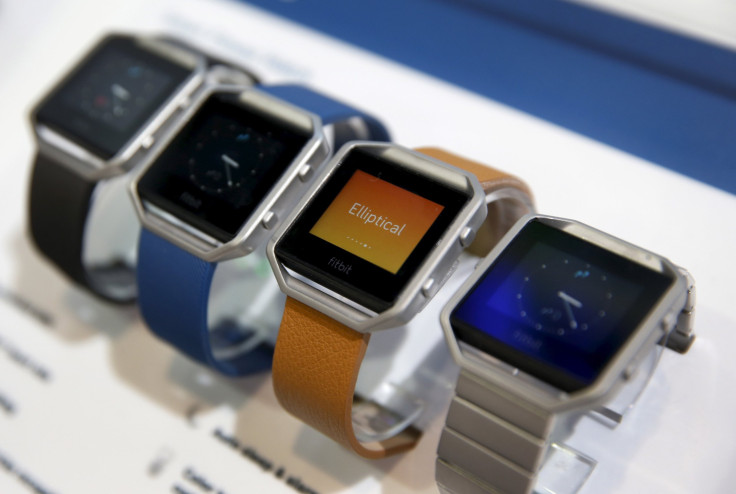Fitbit wearables record inaccurate heart rates during workouts, claims new lawsuit

Amidst several lawsuits, Fitbit is facing another charge of “defrauding and cheating its customers.” The company promises that its wearables have heart monitors which "make every beat count." However, a group of Fitbit users alleged that the wearable doesn't accurately count every beat.
Three users from California, Colorado and Wisconsin filed a lawsuit against Fitbit stating that the Charge HR and Surge models miscalculated their heart rates during workouts. They filed the lawsuit on Tuesday claiming that the company has falsely promoted the devices and are demanding compensation and punitive damages.
"This failure did not keep Fitbit from heavily promoting the heart rate monitoring feature," the lawsuit read. Seeking class-action status, Fitbit is said to have "defrauded the public and cheated its customers."
San Francisco-based Fitbit declined the charges and said it stands by its devices. The company said that it would defend itself as the complaint has no merit. "Our team has performed and continues to perform internal studies to validate our products' performance," Fitbit's statement said.
This is not the first time that the company is facing a legal battle. CNET cited that Fitbit’s rival company, Jawbone, alleges over poaching of workers and stealing of trade secrets. Similarly in 2014, Fitbit users filed a lawsuit claiming that the wearables give rashes on their skins. They also charged the company for misleading advertisements, notes CNET.
Despite these troubles, Fitbit’s wearables have high-profile users and the devices costs between US$150 (AU$212.62) to US$250 (AU$354.36). In a recent episode of “Comedian in Cars Getting Coffee” with Jerry Seinfeld, President Barack Obama was seen wearing a Surge.
In the latest complaint, one plaintiff cited that her trainer had manually calculated her heart rate during a workout, and it showed the heart rate of 160 beats per minute while her Fitbit device recorded 82 beats per minute. Other complainants corroborate the same experiences with their Fitbit devices.
"With those margins of error, the Heart Rate Trackers are effectively worthless as heart rate monitoring devices," the lawsuit read.






